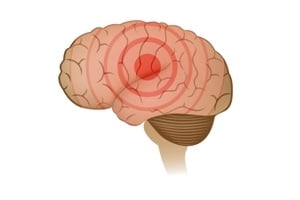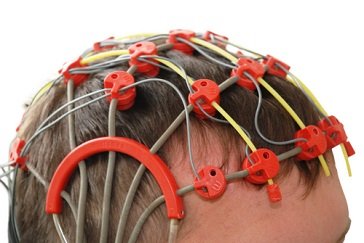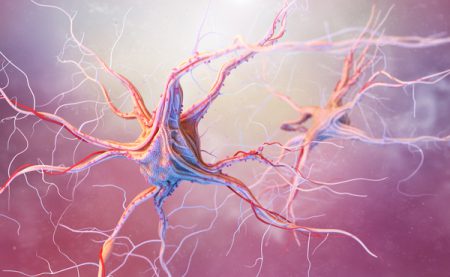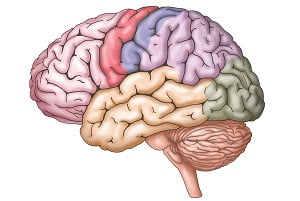Browsing: Epilepsy
Comprehensive Information, Resources, and Support on Epilepsy
What is a Seizure?
Seizures are symptoms of brain problems. A seizure is a sudden surge of electrical activity in the brain. It affects how a person appears or acts for a short period of time. The electrical activity of brain develops as a result of complex chemical changes that occur in nerve cells. Not all seizures cause convulsions.
There are two types of transmissions – excitatory and inhibitory. Excitatory transmissions involve Glutamate and GABA or Gamma amino butyric acid is the principal inhibitory neurotransmitter in the brain. A seizure occurs when there is a sudden imbalance between the excitatory and inhibitory forces within the network of neurons
The cause of epilepsy is often unknown, therefore it can’t be prevented, but the seizures due to epilepsy can be prevented. Seizures can occur for a variety of reasons. One of the common causes of seizures is epilepsy, and in most cases, seizures due to epilepsy can be prevented if you know the triggers.
Diagnosing Epilepsy
Epilepsy is generally not easy to diagnose quickly. Mostly, it cannot be confirmed until the person experiences more than one seizure. The difficulty in diagnosis is mainly because of the reason that many other conditions show similar.
Signs and Symptoms of Epilepsy The most important symptoms of epilepsy are recurrent seizures. Seizures occur because of a sudden…
Treating Epilepsy Treatment of epilepsy is usually focused on controlling seizures. However, everyone may not be successfully treated for the…
What is Epilepsy? Epilepsy is a chronic disorder. It is the fourth most common neurological disorder that affects people of…
What Causes Epilepsy? In most of the epilepsy cases, a cause cannot be identified. If there is an identifiable cause,…
The Human Brain The brain is a wonderful three-pound organ that controls all the functions of human body and interprets…
A research has shown the evidence of amplified health risks experienced by pregnant women with epilepsy. The research examined obstetric consequences including maternal mortality, cesarean delivery, pre-eclampsia, premature labor and stillbirth in a study of pregnant women identified through various hospitalization databases.












